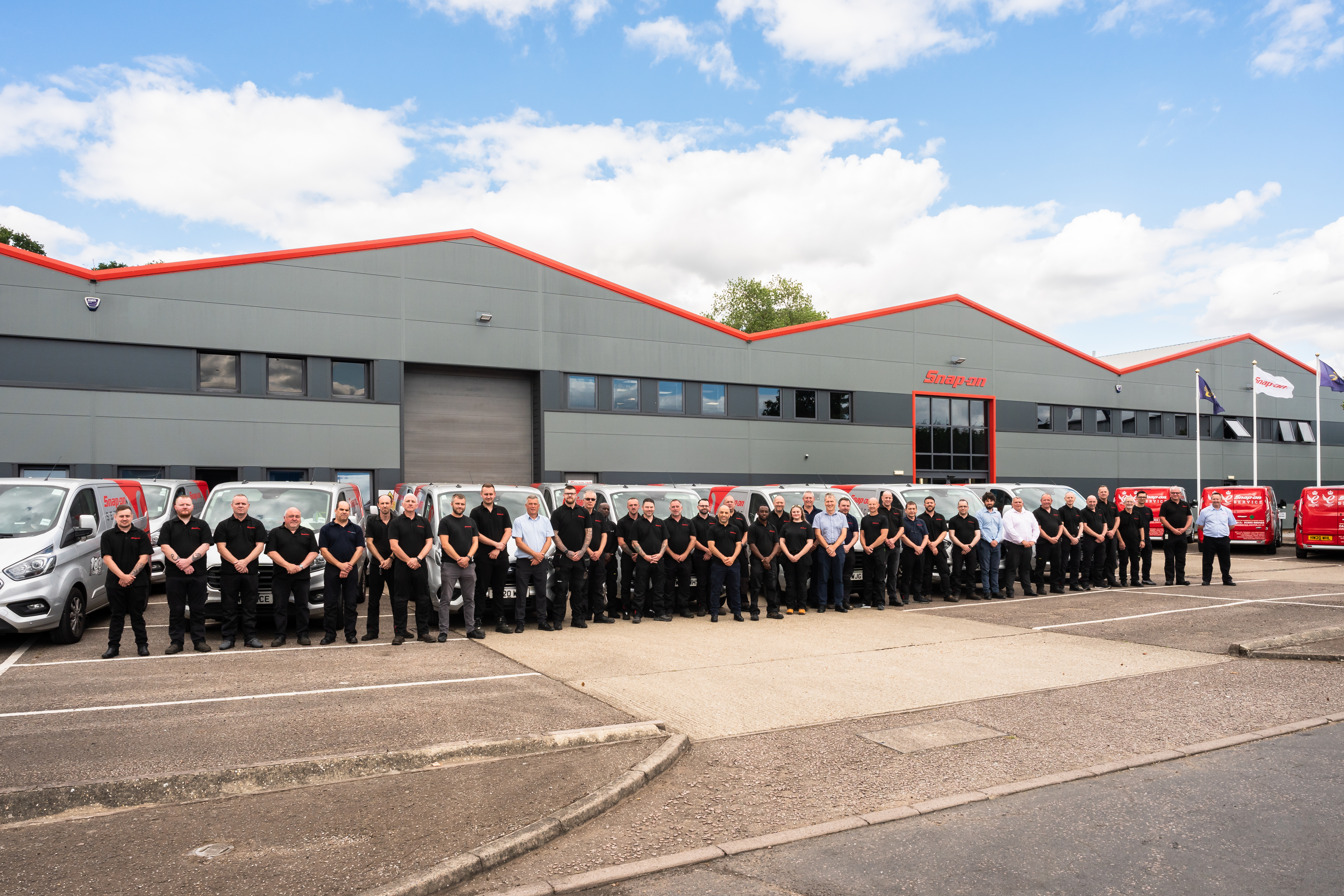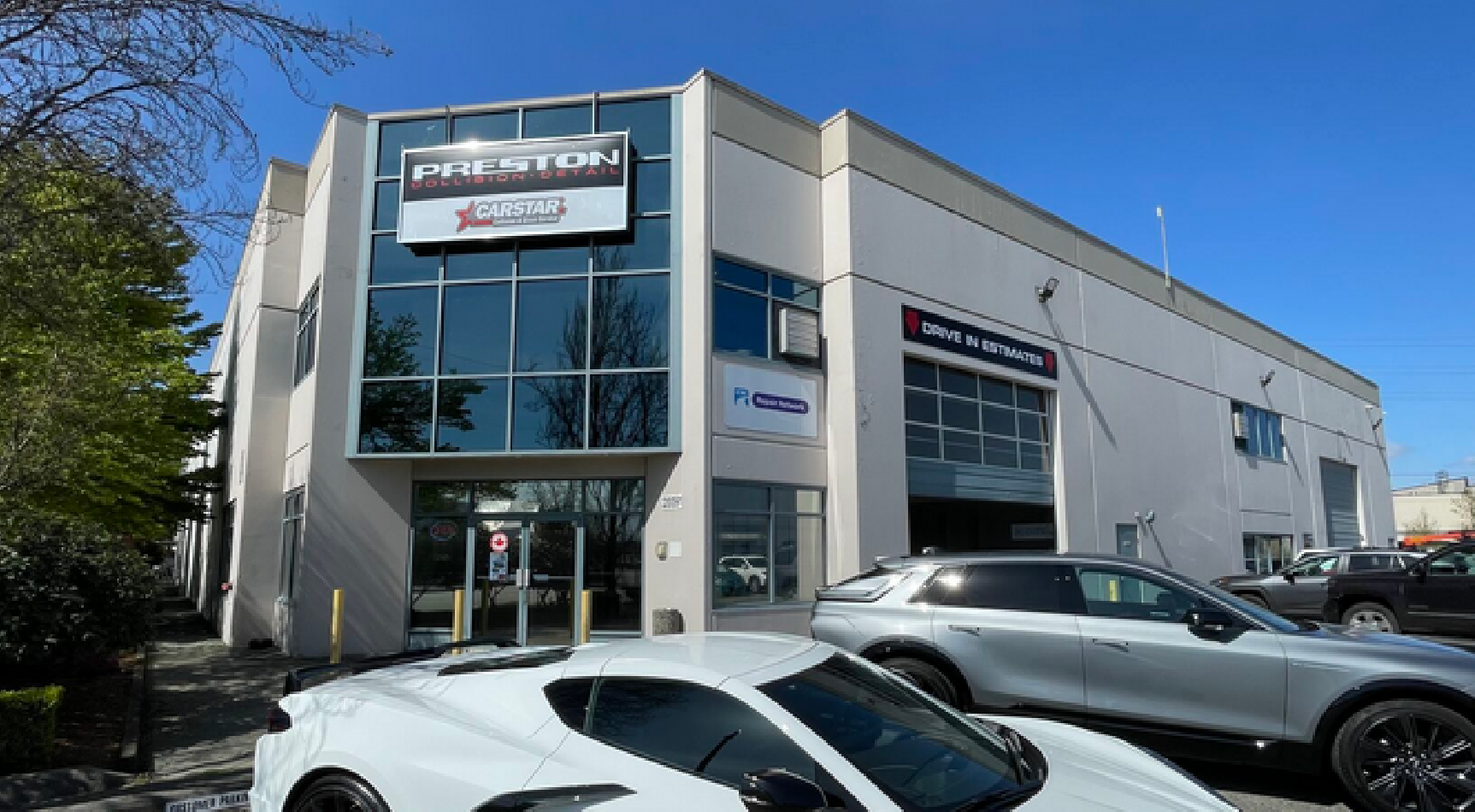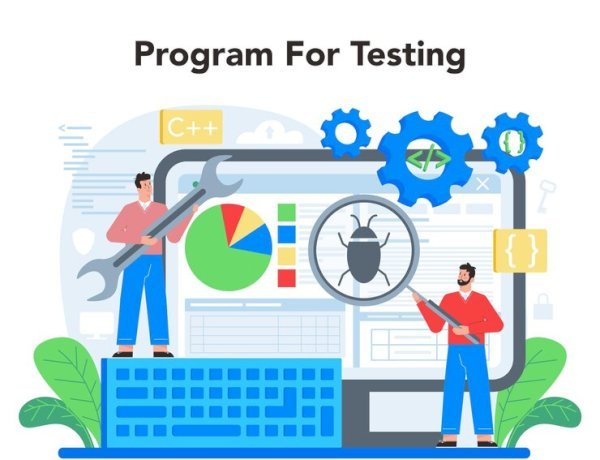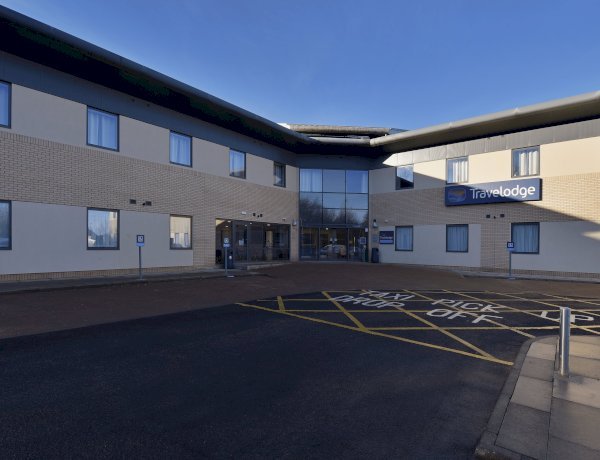10 Top Automotive Franchises with High Profit Margins 2025
Discover the 10 top automotive franchises with high profit margins in 2025. Explore verified costs, business models, and future trends in the auto industry.

The automotive franchise industry continues to be a stable sector for investors in 2025. With more consumers holding onto their vehicles longer and electric cars adding new service needs, demand for professional automotive care is expanding steadily.
From quick oil-change centers to collision-repair networks, franchises remain a reliable way to enter the auto services market with the backing of established brands.
This editorial review highlights ten of the most reputable and profitable automotive franchises in 2025, based on verified franchise disclosure data, industry performance, and long-term operational stability.
The focus is purely informational — aimed at readers who want a clear understanding of which automotive brands lead the market, and why.
The Automotive Franchise Landscape in 2025
The U.S. automotive service industry is valued at more than $400 billion, spanning maintenance, detailing, parts, and repair. Franchised operations account for a significant share of this market, providing uniform standards, strong brand visibility, and reliable consumer trust.
As vehicles become more complex, service centers equipped with training and diagnostic support from major franchisors are seeing higher customer retention.
Franchise models that blend routine maintenance with specialized repair, detailing, or appearance protection have proven most profitable in the long term. Electric and hybrid vehicles have also opened new categories for diagnostics and battery servicing, keeping the market dynamic and adaptable.
What Makes an Automotive Franchise Profitable
Several measurable factors determine profitability in this sector:
-
Recurring Demand: Services like oil changes, brakes, and detailing bring customers back regularly.
-
Efficient Operations: Lower labor costs and streamlined processes directly impact margins.
-
Brand Recognition: Well-known names attract immediate trust and business volume.
-
Flexible Format: Scalable models (multi-unit or mobile) improve long-term returns.
-
Market Adaptability: Brands that prepare for electric vehicle servicing and digital operations are positioned for future success.
1. Meineke Car Care Center

Image source: Pinterest.com
Investment Range: $227,000 – $581,000
Franchise Fee: $20,000 – $45,000
Meineke remains one of North America’s most recognized automotive service centers. It offers a broad range of services — brakes, exhaust, oil, and general maintenance — which helps balance ticket size and customer frequency.
Many franchisees come from independent shops converting under the Meineke brand for access to its national fleet accounts, marketing, and parts supply.
Its recurring service model supports stable, moderate margins.
2. Jiffy Lube

Image source: Pinterest.com
Investment Range: $230,000 – $450,000
Franchise Fee: Around $35,000
Jiffy Lube’s business model focuses on quick, essential maintenance. Its high traffic volume offsets relatively low ticket margins. With over 2,000 outlets across the U.S., it has maintained strong customer loyalty and operational efficiency.
Success depends largely on site visibility and local demand, but Jiffy Lube’s reputation and franchise support make it one of the most consistent performers in quick-service auto care.
3. Midas

Image source: Pinterest.com
Investment Range: $200,000 – $550,000
Franchise Fee: $10,000 – $35,000
Midas blends preventive maintenance with heavier repair work such as suspension and exhaust systems. This combination of fast-turn and high-value services helps balance cash flow and margins.
Part of the TBC Corporation group, Midas benefits from powerful supply-chain support and cross-brand marketing with Big O Tires. It’s ideal for markets needing comprehensive auto repair under a trusted brand.
4. Ziebart
Image source: gstatic.com
Investment Range: $416,000 – $566,000
Franchise Fee: $45,000
Founded in 1959, Ziebart focuses on vehicle protection — rustproofing, detailing, and appearance coatings.
Because these services rely on labor and products rather than expensive parts, gross margins are generally higher than traditional mechanical repairs.
Ziebart’s expansion into ceramic coatings and interior protection continues to strengthen its profitability and relevance in the detailing niche.
5. Snap-on Tools

Image source: snapon.com
Investment Range: $221,000 – $500,000
Franchise Fee: Varies by territory
Snap-on operates a mobile distribution model, allowing franchisees to sell high-end tools directly to mechanics and service centers.
The model requires minimal overhead since operations are vehicle-based rather than brick-and-mortar.
Profitability depends on personal sales performance, but Snap-on’s long-standing reputation and exclusive distribution rights make it a reliable name in the automotive supply chain.
6. Christian Brothers Automotive
Image source: gstatic.com
Investment Range: $530,000 – $645,000
Franchise Fee: $135,000
Christian Brothers Automotive emphasizes integrity, transparency, and exceptional customer service.
Its stores resemble boutique repair facilities, often located in suburban markets.
The higher initial investment reflects its premium positioning, but the brand reports strong average unit sales and above-average customer retention.
It’s one of the few auto repair franchises known for non-technical ownership success due to comprehensive support and training systems.
7. MAACO
Image source: gstatic.com
Investment Range: $276,000 – $1,015,000
Franchise Fee: $45,000
MAACO is the largest auto painting and collision repair franchise in North America.
The brand’s association with insurance carriers and fleet contracts ensures steady workflow.
While the investment level is higher than quick-lube franchises, average ticket values in collision repair are significantly greater, contributing to higher long-term profitability when managed effectively.
Read Also: Top 10 Solar Energy Companies in 2025: Reviews, Costs & Global Guide
8. Big O Tires

Image source: yelpcdn.com
Investment Range: $300,000 – $1,000,000
Franchise Fee: $35,000
Big O Tires operates at the intersection of tire retailing and general automotive service.
Recurring tire replacement demand supports consistent customer traffic.
As part of TBC Corporation, franchisees benefit from national buying power and marketing.
Profitability is tied to efficient inventory management and the ability to upsell related services like alignments and brake work.
9. Grease Monkey
Image source: gstatic.com
Investment Range: $290,000 – $1.9 million
Franchise Fee: $20,000 – $39,900
Grease Monkey offers oil-change and preventive maintenance services across the U.S. and international markets.
Its focus on speed, simplicity, and low overhead has allowed it to grow steadily.
Some centers are now adding hybrid and EV service capabilities, positioning the brand for long-term sustainability.
Margins are moderate but predictable due to high repeat visits and low downtime between jobs.
10. CARSTAR

Image source: assets.imgix.net
Investment Range: $298,000 – $804,000
Franchise Fee: $20,000
CARSTAR, part of Driven Brands, operates in the collision-repair segment with strong partnerships in insurance and fleet work.
While operational costs are higher due to equipment and staffing, the average repair value per vehicle is substantial, leading to strong gross revenue potential.
CARSTAR’s advanced systems for claims management and OEM-certified repairs enhance franchisee efficiency and credibility.
Understanding Profit Margins in Auto Franchising

Image source: Pinterest.com
Profitability in this industry is a function of efficiency and consistency.
On average, well-managed automotive franchises aim for a 3–5 year return on investment. Key drivers include:
-
Local competition and demand — fewer nearby service centers usually mean stronger pricing power.
-
Labor management — trained technicians directly influence productivity.
-
Fleet and insurance accounts — recurring commercial work provides stability.
-
Customer loyalty — repeat maintenance customers often represent more than half of yearly revenue.
Emerging Trends (2025–2030)
The next decade will see rapid modernization across the automotive franchise space:
-
EV Adaptation: Many brands are expanding into electric vehicle diagnostics and battery maintenance.
-
Technology Integration: AI-driven diagnostics and predictive maintenance tools are improving repair accuracy.
-
Sustainability: Eco-friendly detailing products and waste-recycling programs are becoming industry standards.
-
Digital Scheduling: Online booking and mobile updates are now critical for customer convenience.
Franchises that invest early in these areas are expected to maintain stronger long-term margins.
Conclusion
Automotive franchising in 2025 represents a mix of traditional reliability and emerging innovation.
Brands like Ziebart and MAACO continue to perform well due to high per-ticket revenue, while Jiffy Lube and Grease Monkey excel through consistent volume.
For investors, the most profitable path depends on balancing cost, service diversity, and market saturation.
Before committing, potential franchisees should review each company’s latest FDD, consult existing owners, and analyze local competition.
With informed planning, automotive franchising remains one of the most resilient and adaptable business opportunities of the decade.
FAQs
1. Are automotive franchises profitable in 2025?
Yes. Essential vehicle services maintain steady demand even during economic fluctuations, making automotive franchises one of the most durable investment categories.
2. Which franchise type has the highest potential margins?
Collision repair and appearance protection franchises, such as MAACO and Ziebart, often have higher gross margins per transaction.
3. What is the typical investment range for auto franchises?
Startup costs generally range from $200,000 to over $1 million, depending on brand, size, and equipment requirements.
4. How does the rise of electric vehicles impact these franchises?
EVs reduce oil-change frequency but create new opportunities in diagnostics, tire services, and battery system care.
5. How can investors assess profitability before joining?
Review the franchisor’s Item 19 in the FDD for financial performance data and speak directly with current franchise owners to confirm real-world results.




























